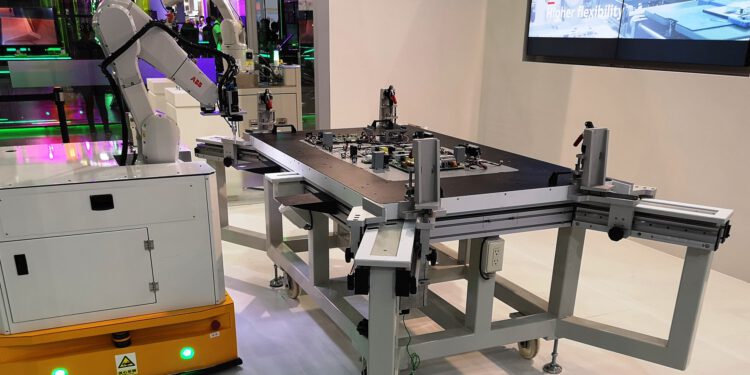Although the PwC report refers to the United Kingdom, its conclusions can serve as a reference for other countries: over the next 20 years some 7 million jobs will be lost to AI, while 7.2 million jobs will be created.
Concern about a possible loss of employment due to the effects of artificial intelligence colea for years. The increasing progress of task automation has been source of discussion for experts in employment and technology all over the world.
Consensus on net labour implications not yet reached that will have artificial intelligence. There are those who use historical evolution in the last century and a half to argue that all automation has its equilibrium later. The transition from artisanal work in large workshops to the manufacturing process sponsored by machines was circumvented without a cataclysm, despite the sound social protests. However, other voices point out that the change that comes now is not comparable to others, as it has cross-cutting implications.
Although it is difficult to estimate the consequences of the widespread implementation of AI, a report by PwC (PricewaterhouseCoopers) has launched to estimate how this advent will affect employment. It has done so by focusing on one country, in this case the United Kingdom. Consultant it has auscultated sector by sector the economy of the country to make his predictions.
The conclusion of the PwC report is that AI will create as many jobs as it destroys. The balance shall be net therefore. In fact, it will be minimally favourable to job creation.
The health sector and social work, the most benefited
Although the PwC report deals with the United Kingdom, its conclusions can serve as a reference for other countries. The consultancy has stretched its estimates to 2037. Over the next 20 years, some 7 million jobs will be lost to AI. And at the same time, they will 7.2 million jobs.
The sector most benefited will be health and social work, which PwC groups into one category. Here AI will create a million jobs, about 20% of all those now working in these functions. The net employment balance in this category will increase by 22%.
In the scientific, professional and technical fields, artificial intelligence will also have positive effects. Net balance creation-destruction employment will be in an increase of almost half a million jobs in the UK. This represents a 16% increase over the current figure.
The sectors that will be most affected by the widespread emergence of AI will be manufacturing and transport and storage. 681,000 jobs will be lost in factories a net reduction of 25%. While in the category of transport and storage the fall will be 22%, that is, 387,000 fewer places.
Images: PGB, geralt








